Security Camera Installation Guide: Tips for CCTV Installation
An essential responsibility of a property manager or owner is to have realistic security measures at your facility. Installing security cameras effectively is a terrific approach to increase building physical security and prevent illegal entry to your property.
Continue reading to find out how much it costs to install security cameras. The advantages and disadvantages of installing wired and wireless security cameras should then be considered. Lastly, find a security camera substitute.
In this post, you will learn:
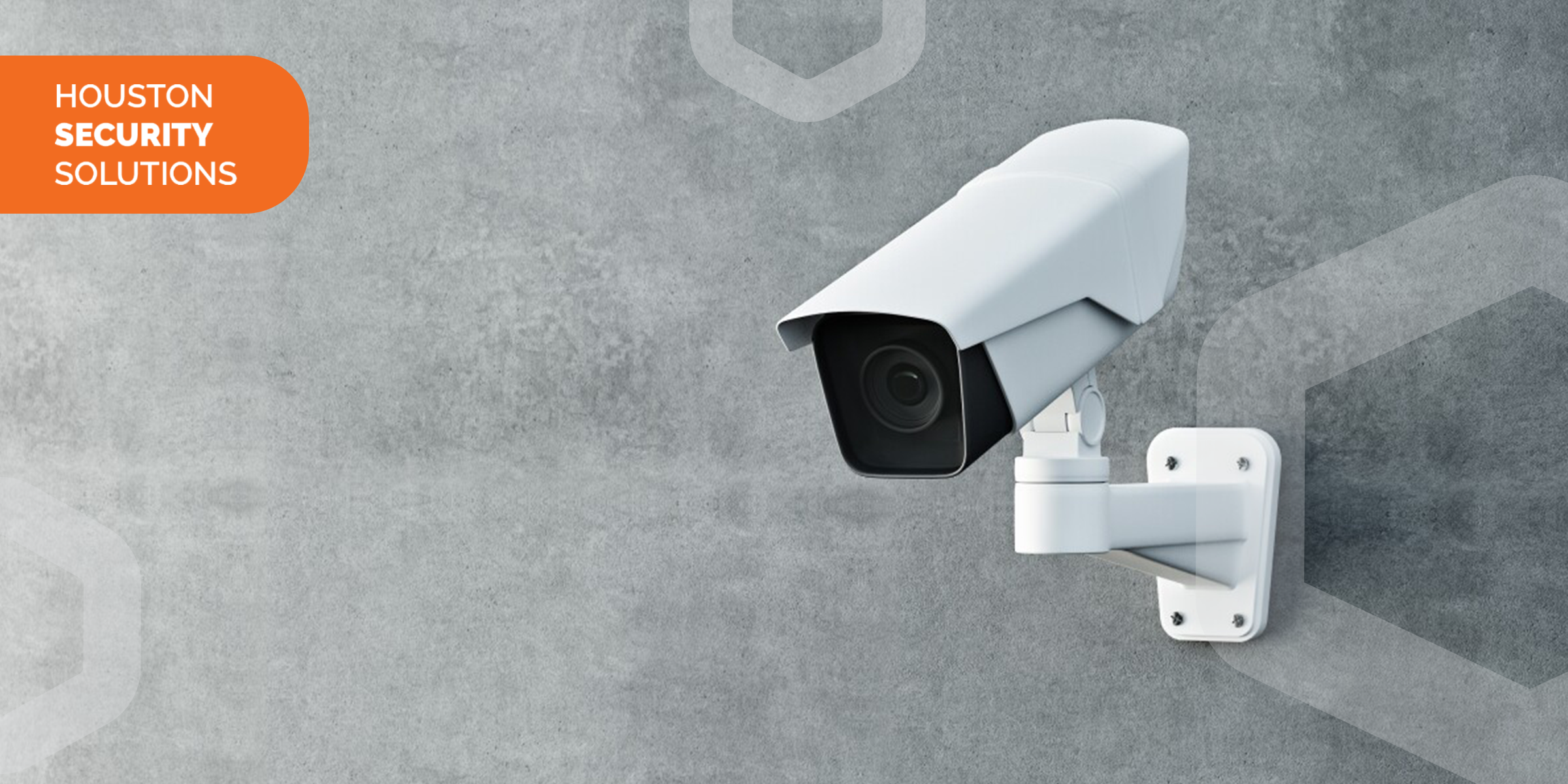
CCTV installation - What is the average cost?
Security camera installation typically costs $20 to $400 for the equipment alone. Installation of inside cameras normally costs approximately $100, whereas installation of outdoor cameras often costs $200 or more per camera. Higher costs are also the result of additional services like expert surveillance and video storage.
The price of installing security cameras might also change based on how many and what kind of cameras are placed. For instance, more expensive than conventional security cameras are those that include extra functionality, including motion detection. For the best price, do some research on reliable security camera installation company in your neighborhood.
Can you install security cameras yourself?
Installing a security camera system yourself is not advised, especially if you own a sizable commercial or multifamily building. To provide the best possible installation, the security requirements of large buildings must be evaluated by a trained security camera installer.
A security integrator or consultant may also assist you in doing a more thorough evaluation of your building’s requirements and selecting the best cameras for it.
Join UPS Stores Using Access Control
With Cloud Based Access Control, UPS Stores can regulate and track who enters its facility for PO Boxes.
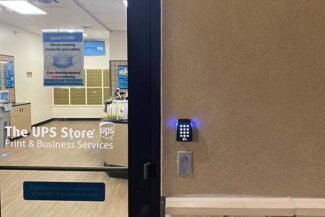
What’s the difference between a security camera and a surveillance camera?
While surveillance cameras are normally hidden and used for monitoring, CCTV installation security cameras are conspicuous and intended to discourage crime.
The location of the building and the security requirements of your property will determine what sort of cameras are suitable for your facility. Professional security system installation may greatly reduce attempts to obtain illegal access to your building if your property is located in an area with higher incidence of crime, theft, and vandalism.
What type of outdoor security camera is best?
The top outdoor security cameras have an IP64 or higher weather certification and are of industrial grade. To reduce the possibility that they would malfunction in severe weather, outdoor security cameras should always be weather-resistant.
Outdoor security cameras should also have a broad lens range to minimize blind areas and record all activities. In light of this, installing exterior security cameras may help secure your building’s assets and guarantee the security of your tenants and employees. For large buildings that see a lot of daily foot traffic, this is extremely important.
Commercial security cameras for business
- Business security cameras with enhanced coverage and IR that improve situational awareness
- Video analytics with AI to find incidents
- Hours of video are easily sorted through by Video Search to locate a suspicious person or vehicle.
- Integrates with third-party ONVIF® compliant platforms
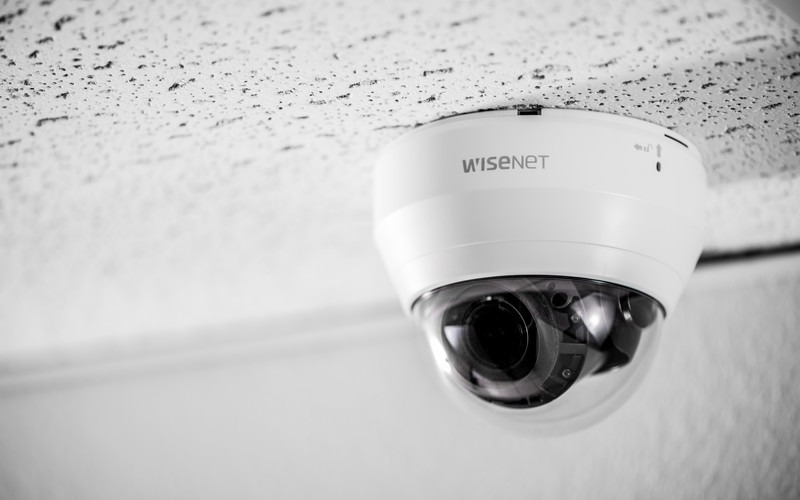
Wired vs. wireless security cameras
Wired and wireless security system camera installations differ in a number of ways.
The most significant ones are listed here:
Wired security cameras
- More reliable. Since they don’t rely on an internet connection to transmit the footage they record, wired cameras are more dependable than wireless cameras. You won’t have to be concerned about your cameras not operating as a result of a bad connection or internet disruptions.
- Uses cables. A power source is linked to a wired camera through a cable.
- Slightly higher costs. Installation fees for wired security cameras typically vary from $100 to $500 per camera.
- More secure. Because wired security cameras rely on backup power sources like batteries, they continue to function even if your network is down. Moreover, they are harder to hack than wire-free cameras.
- Consistent video quality. No need to be concerned about grainy or unclear video due to bandwidth changes.
- Should be installed professionally. To make sure that wired security cameras function effectively, they should be installed by authorized installers or integrators.
Wireless security cameras
- Powered by WiFi. Batteries power wire-free cameras, which use WiFi to connect to the internet.
- Slightly lower costs. Each wireless camera costs between $100 and $400.
- Not as reliable. If your building has bandwidth problems, these cameras could offer lower-quality video footage. This drastically affects the effectiveness of the cameras since grainy video may make it difficult to spot an unauthorized individual.
- Lack of security can cause privacy concerns. The security of your entire facility might be jeopardized if one of your wire-free security cameras is compromised.
Don’t risk legal
responsibilities.
Contact us right now to set up a consultation with one of our qualified security consultants. We will assist you in seamlessly navigating the complicated terrain of video surveillance laws. Your company deserves the greatest protection possible!
Benefits and drawbacks of security cameras
Before spending money to install security cameras at your business, there are several advantages and disadvantages to take into account.
Firstly, let’s discuss the advantages of security cameras:
What are the advantages of security cameras?
- Deters crime. Everyone who visits your property can see the security cameras, which helps dissuade illegal individuals from entering since they are aware that they are being filmed.
- Monitor your property. You can always know who is coming and departing from your home thanks to the 24/7 surveillance provided by security cameras.
- Keep records. Most security camera systems have expert storage services that make it simple for you to view film. In order to identify the perpetrator in the event of vandalism or a break-in, you may simply retrieve that film.
- Video evidence. You will have video proof that you may provide to the proper authorities if someone is successful in breaking into your building.
What are the disadvantages of security cameras?
- Can be costly. Depending on the type of cameras you have, the number of cameras on your site, as well as the professional monitoring and video storage services, installing high-quality security cameras can cost thousands of dollars.
- Vulnerable to damage. In an effort to avoid being captured on video, unauthorized individuals may try to harm the cameras on your property.
- Won’t stop theft. Theft can still occur despite the best efforts of security cameras. So, your property may still be at danger.
- Privacy concerns. Even approved residents, visitors, and staff employees at your facility are captured on security cameras. Residents and employees can be concerned about their privacy as a result of being videotaped. Moreover, wireless cameras are vulnerable to hacking.
Have questions? We can help
Our security experts can help you implement the right security system for your business.



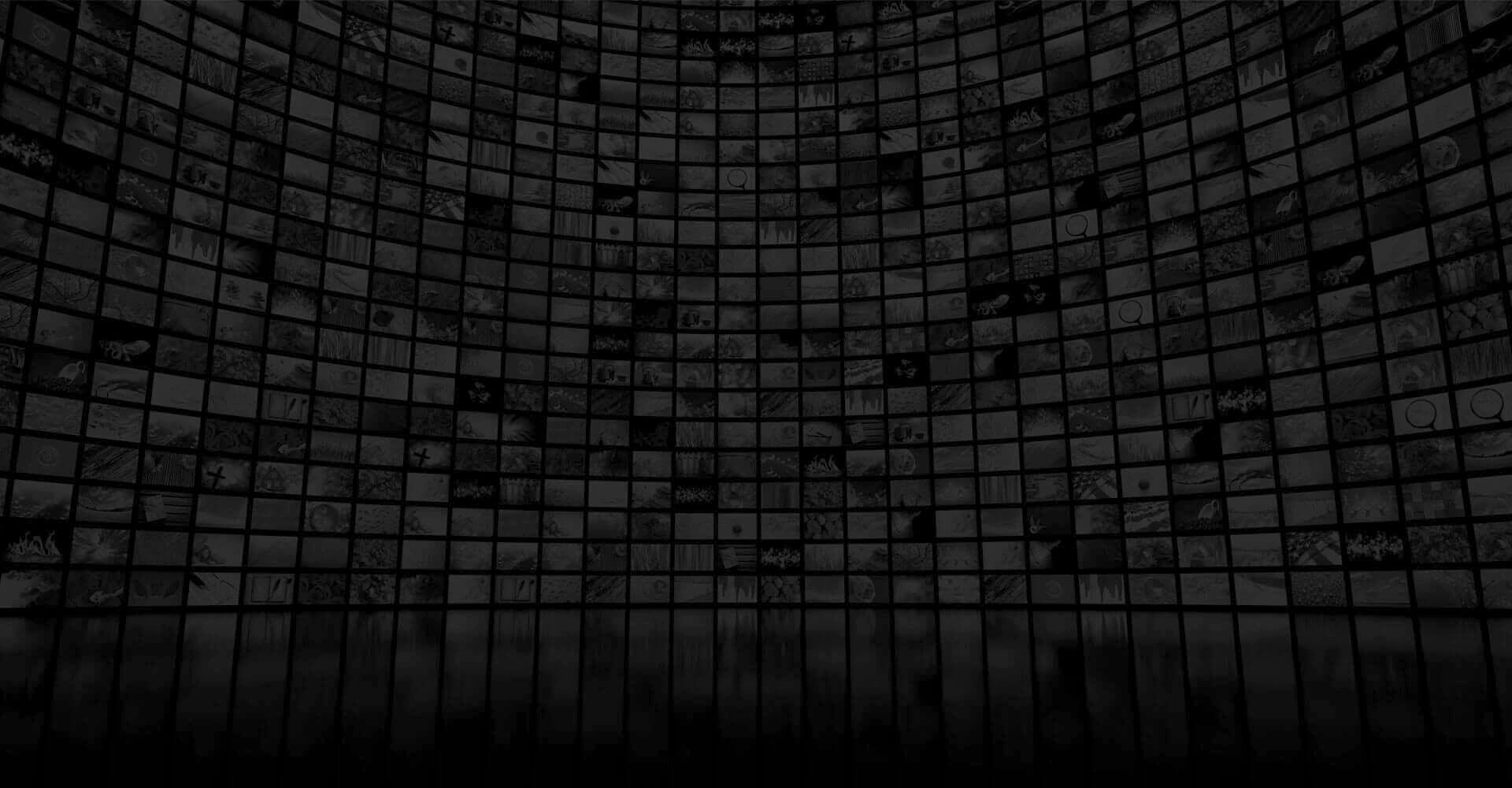
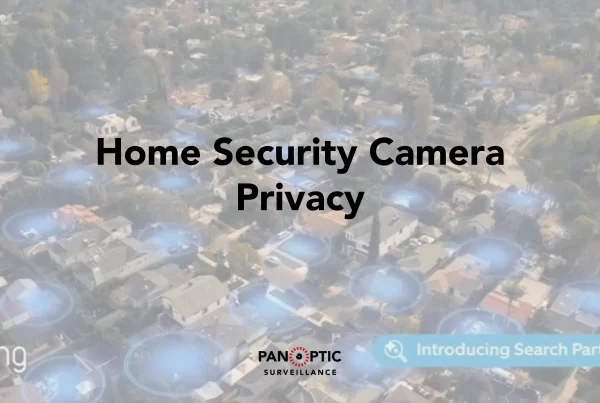
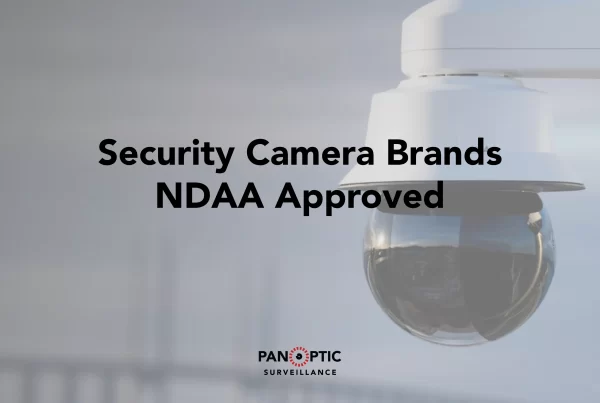
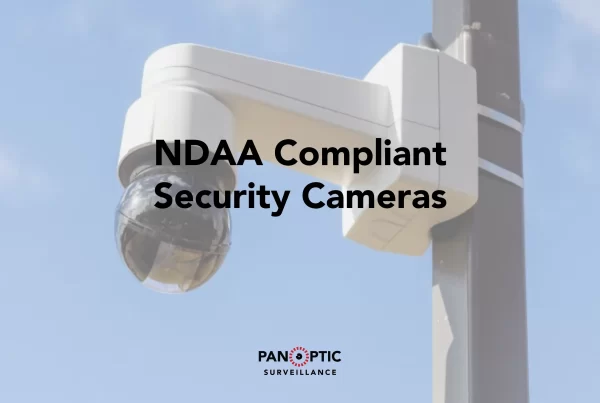






One Comment